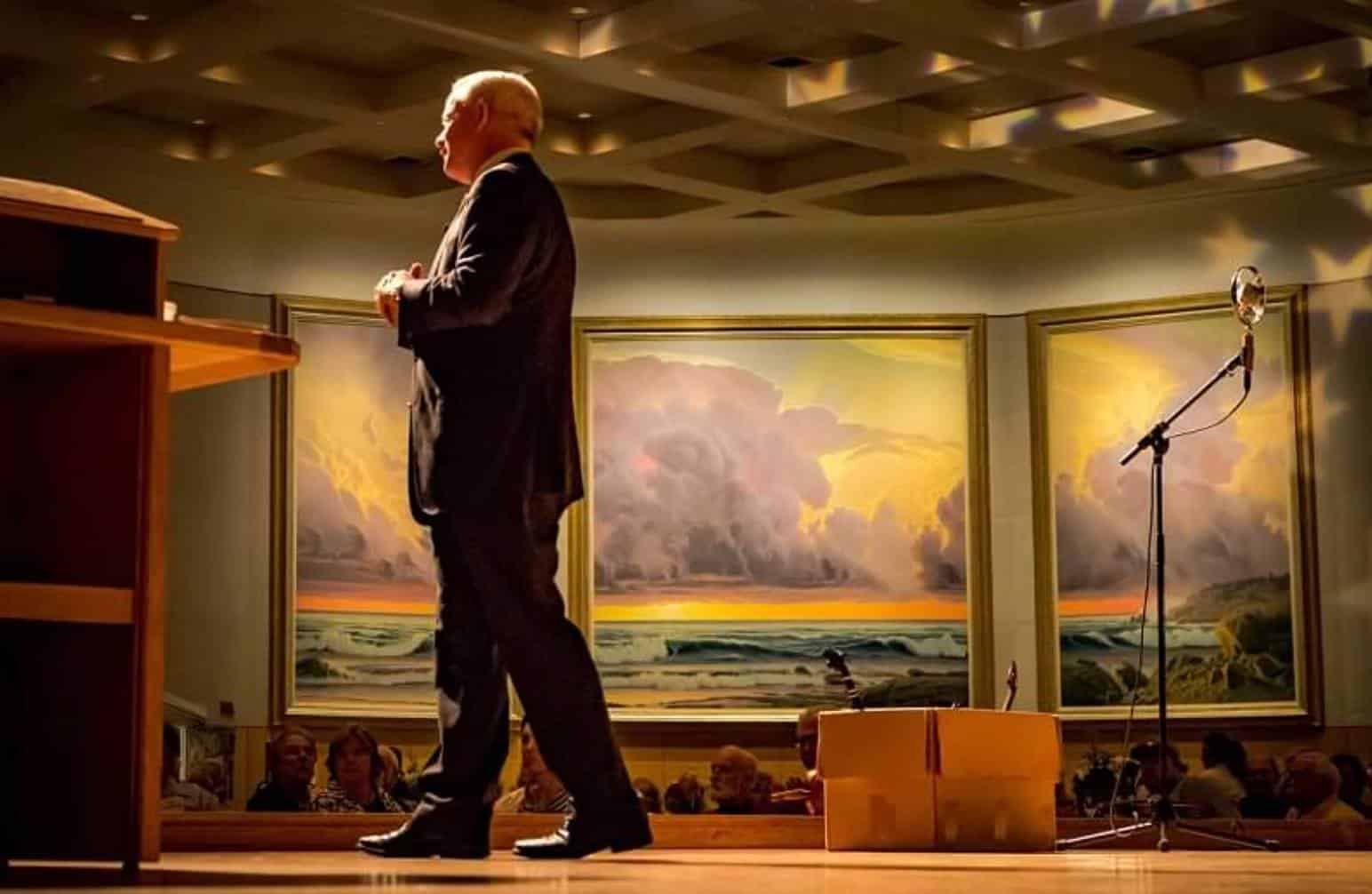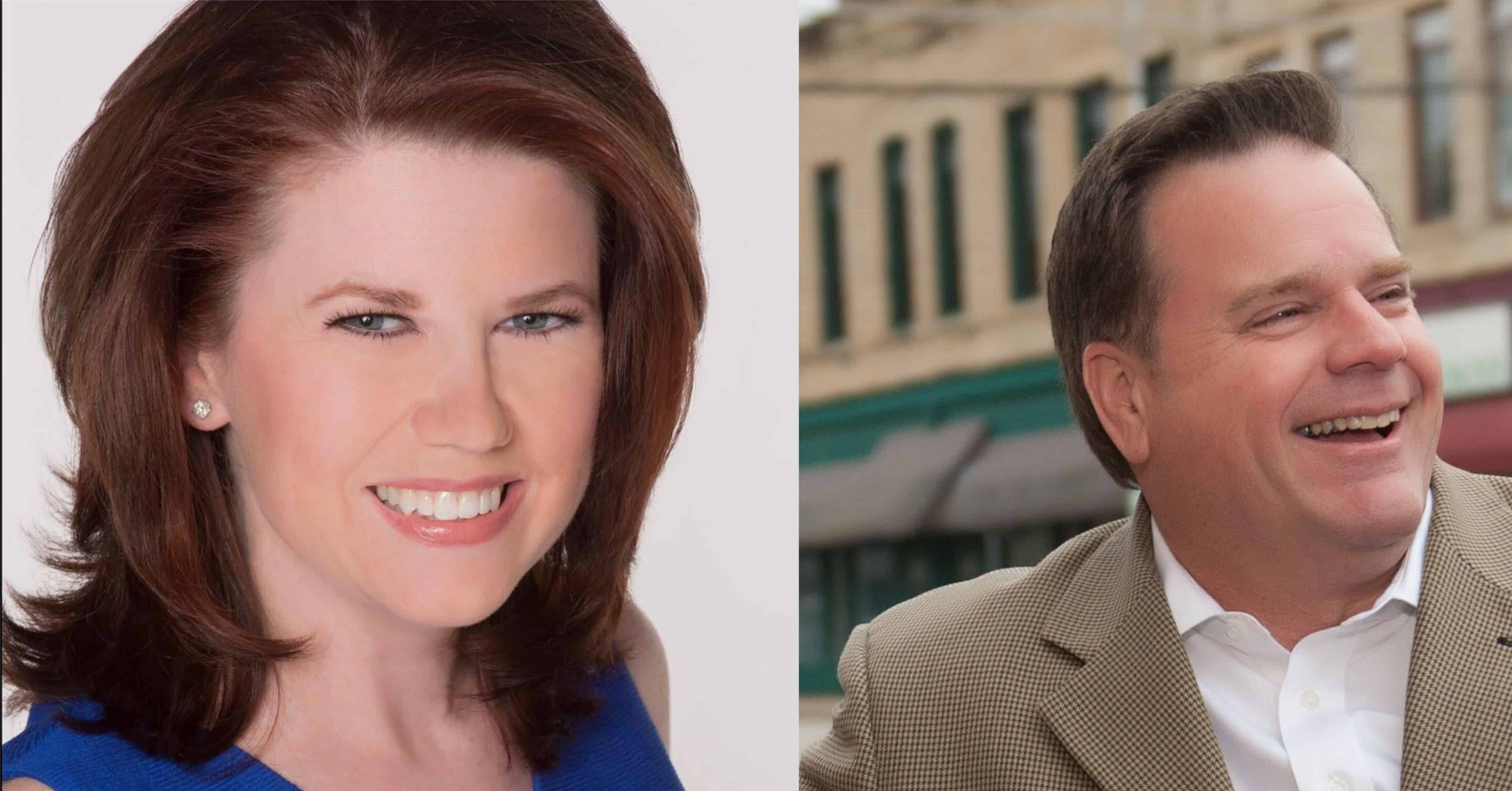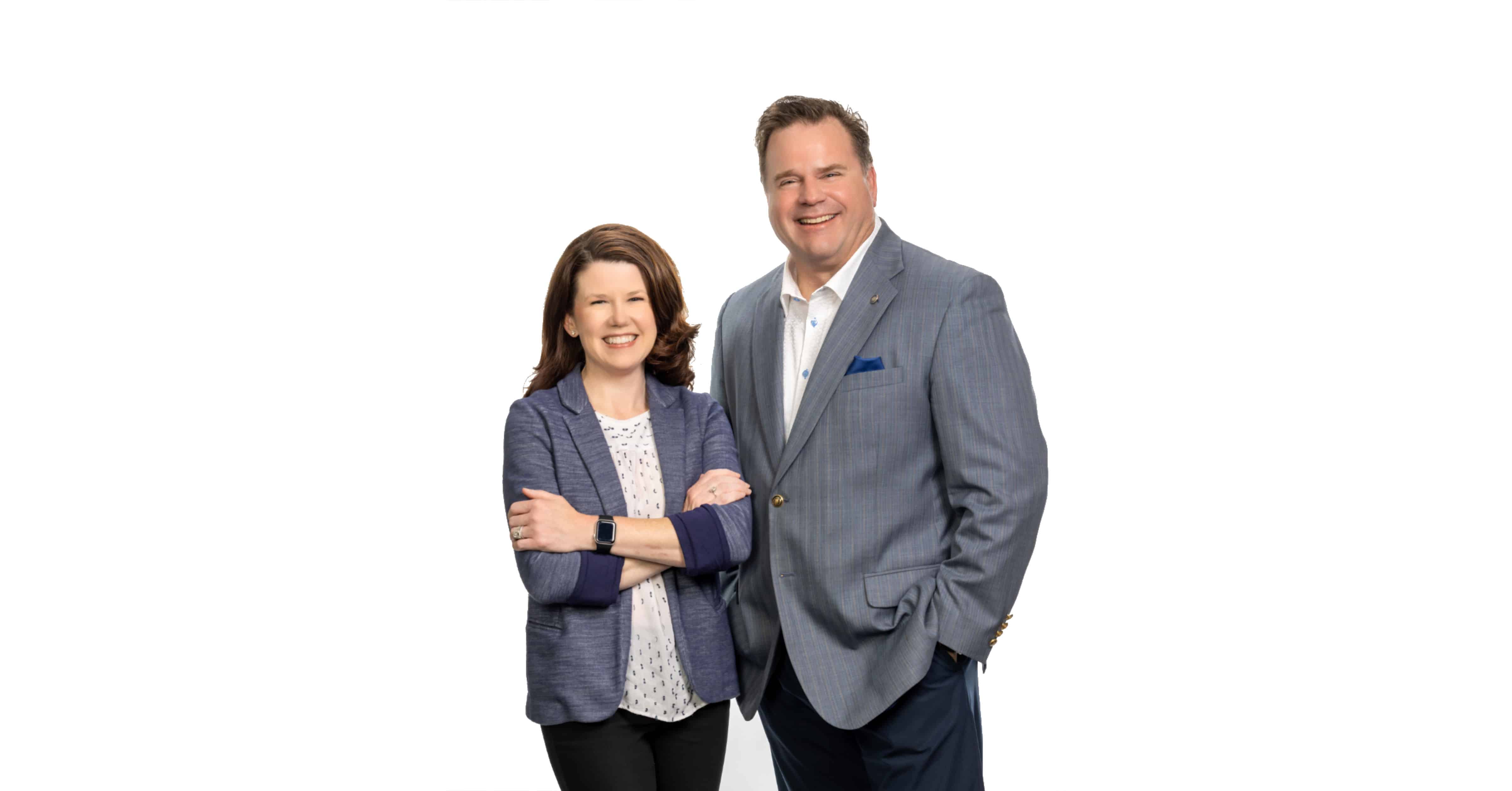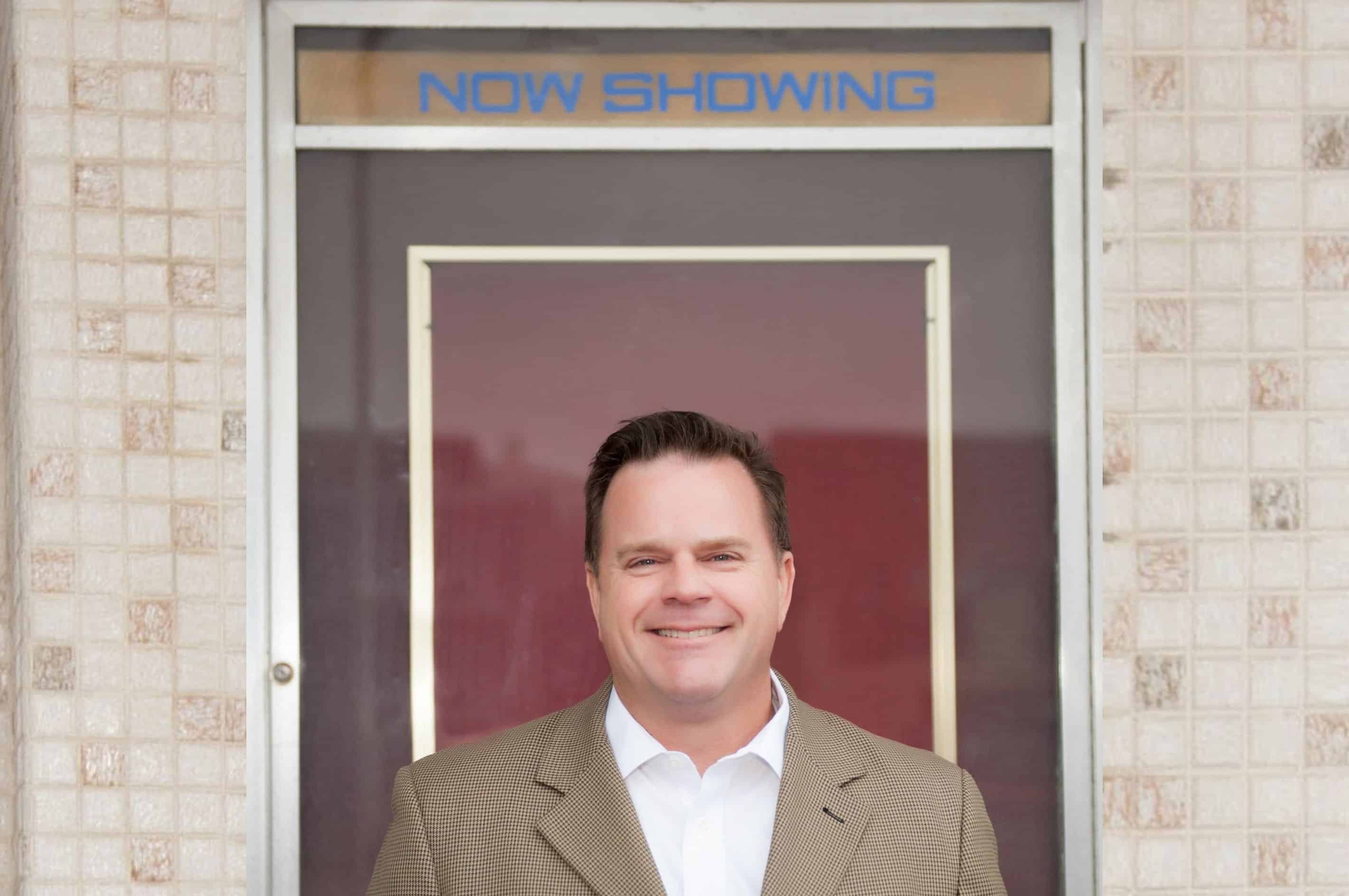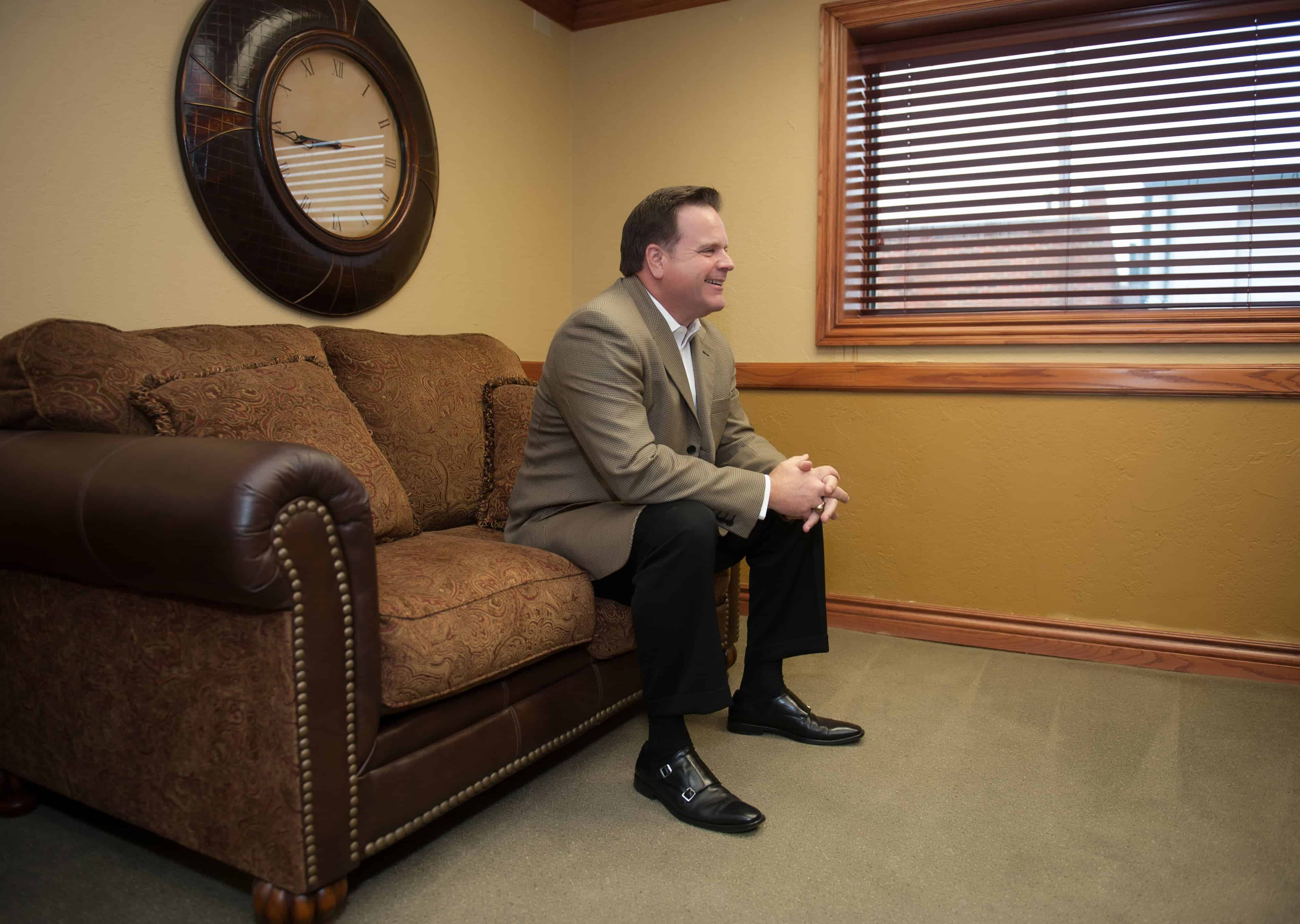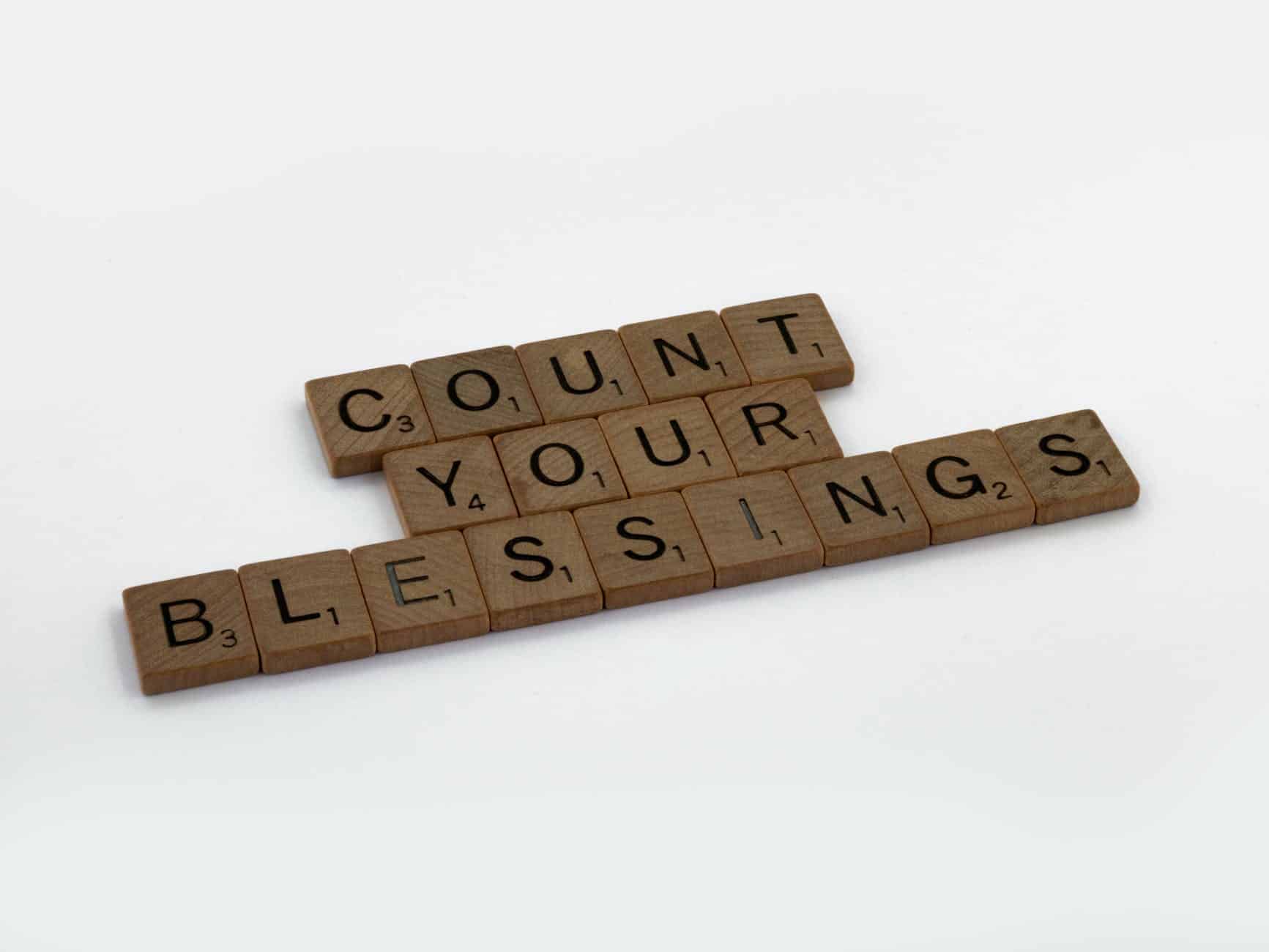There is a TV show that I witnessed a couple of times that is titled, How Winning the Lottery Ruined my Life, or something to that effect. While watching the “lucky” family discuss their travails and trials of winning such a large sum of money when they previously were considered poor or bankrupt was interesting to me. The reason for suffering from winning such large amounts of money is that the person was attempting to apply their current capabilities and philosophy of life to a much larger asset base.
Having served as an advisor to wealthy individuals for many years, it gave me perspective to understand the devastation of which the lottery winner spoke. We all experience a stage in life that we are most comfortable. This level of living has given us the lifestyle we feel is good, or good enough, to provide us some comforts of life. The challenge is to understand that, as people, we must grow our philosophy toward money and wealth as we grow our lifestyle or trouble is on the horizon.
In simple terms, the person who has dominion over a few things must grow in mindset, knowledge and understanding about wealth to retain dominion over significantly more assets. The Bible tells us that the person who has much wealth, much is expected. That is a tremendous philosophical point about wealth. Another statement I often use is that self-preservation leads to mediocrity while charity leads to wealth. By giving away, in a reasonable and responsible manner, the assets you currently possess, you will receive greater assets from the marketplace.
To help you think like a wealthier individual, you should learn from those that possess great wealth. Read biographies of Cornelius Vanderbilt, Andrew Carnegie and John D. Rockefeller. What inspiration these men’s stories give me as I realize their generosity in developing the modern culture you and I benefit from. Libraries, hospitals and universities all over our great country bear their names as a testament to the great blessing we possess of being American citizens.
One of the common themes I discerned from reading their biographies is that they thought differently than most people. Their time was sacred and they didn’t waste it on trivial matters. Most of them created, for themselves, an approach to capturing the best information to make critical decisions that contained considerable risk. To accurately describe their approach to managing their time, they eliminated, delegated or elevated activities which became their goals for success.
Many menial tasks that would arise during the day would be disregarded unless they had some relationship to the important goals set by the entrepreneur. Business studies of behaviors inform us that most people major in minor things to the detriment of the business production they are seeking. In simple terms, I call this “busy work”. This type of activity has no sustained value or progress contribution toward your big goals for which you are seeking to attain. According to Gallup, a considerable number of employees polled report they are simply disengaged from the act of contributing their skills to their employer at some point during each day. That is startling when you realize these employers are paying significant amounts of money for training, retention and benefits for these “less than productive” employees.
Another strategy used by wealthy individuals is that they delegate tasks to others more capable or experienced in certain functions. For example, many didn’t write or type their own letters but utilized a personal assistant. Most of them didn’t drive themselves to destinations but used the skills of drivers and focused on their important tasks during the drive time. Delegation is not restricted to business professionals. Many of us delegate our lawn work and flower beds to companies that specialize in such services. Cleaning our homes and performing laundry are delegated activities for which others are most helpful. You should be focusing on those activities that create and retain your most passionate areas of life.
Lastly, the wealthy are excellent at scaling their process for producing wealth. They create a unique process and elevate it to capture market share or other investors. By concentrating on your unique abilities to create value for others, you will quickly realize that a “better mousetrap” is in your possession.
Each day, plan your activities and review them to note what should be eliminated, delegated or elevated to give you the greatest opportunity to serve others and grow your wealth in life.
The world needs you to show up everyday to contribute your talents to helping others. It is only when we all find our purpose in this world and implement a means to using that purpose to help others that we truly are wealthy. Mark Twain, one of my favorite authors, stated it well when he said, “The two most important days in your life are the day you are born and the day you find out why.”


